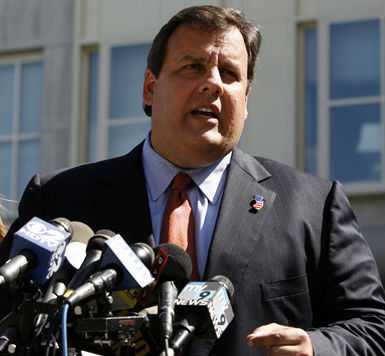Chicago must pay an additional $565 million in payments to its police and fire pension fund by 2016 – a fiscal strain that hasn’t yet been budgeted for.
But the city has now taken a step towards acknowledging the looming payments, by opening up a separate account in which money will be set aside for the pension contributions.
From Crain’s Chicago:
The Emanuel administration will start setting set aside money next year in a newly segregated account for increased pension contributions for municipal employees and laborers who agreed to reforms enacted earlier this year.
The city’s increased contribution from general revenues will be set aside in the new account even though the pension payment isn’t due until 2016, according to an Emanuel spokeswoman. However, increased payments required for its police and fire pensions next year aren’t even in the budget as negotiations continue with union leaders.
[…]
While it’s largely symbolic—the city must make the payments with or without a special fund setting them aside—it’s meant to highlight that the reforms are real and going into effect soon, even as the Illinois Supreme Court agreed Dec. 10 to expedite a case testing whether public worker pensions are totally protected by the Illinois Constitution.
While a segregated fund is a responsible thing to do, “it completely ignores the fiscal irresponsibility of not budgeting for police and fire pensions,” said Amanda Kass, research director at the Center for Tax and Budget Accountability in Chicago. “It sets up the potential for a huge fiscal nightmare” when about $565 million in additional payments for next year’s police and fire pension contributions are due in 2016.
Money for the fund will come from sources other than property taxes, including money freed up by an increased surcharge for 911 calls and miscellaneous small budget cuts, the spokeswoman said. Emanuel was forced to back off his original plan to finance the city’s increased contribution with a big hike in property taxes when Gov. Pat Quinn objected.
It was originally thought that a property tax hike would be the go-to method of revenue generation to raise money for the pension payments. But Emanuel has been adamant that property taxes won’t be raised.

